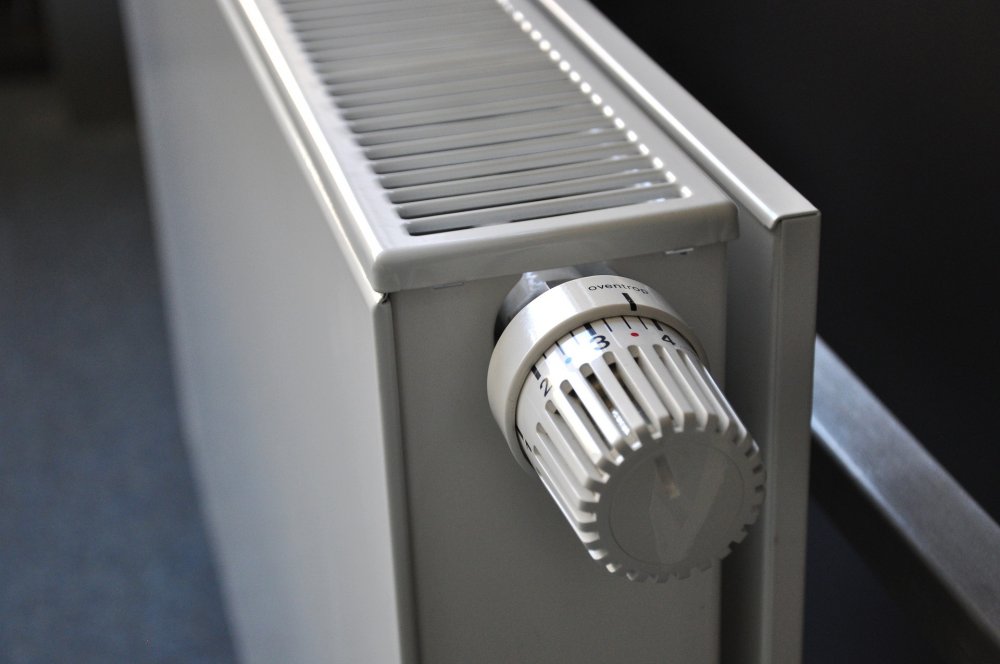The trees are looking barer than they were just a week ago and the temperatures are slowly falling, especially in the evenings when you can feel a nip in the air. This is the perfect time to prepare your home for winter and to make sure you aren’t stuck without heating or have to pay expensive bills for avoidable situations. Some best practices for the season are listed below, they are easy to implement, such as gutter clearance and pipes insulation, and they can also save you money by changing your energy usage.
Clear Your Gutters and Drains
In the autumn there is a build-up of leaves on the street and in the gardens. When the wind comes, these leaves can be blown all over the place. It’s not only your garden you have to clean up before the winter arrives, but you also need to clear out the gutters and drains. When leaves get into your gutters, they clog them up and reduce their drainage capacity; as a result, water can collect on the roof and seep into the external walls causing dampness and rot. This is the last thing you want over winter when the temperatures drop, and you want to stay indoors. Instead, fix them up one weekend in autumn.
Now is an excellent time to clear your gutters, or in a week or two after the last leaves have fallen. You can hire a professional to clean them for you or do it yourself using a ladder, a bucket, and some gardening gloves. It may not be a chore you enjoy doing very much, but through the winter you can rest easy knowing your drainage is working properly.
Get Your Boiler Checked
Clogged up drains and damp walls is something you want to avoid if possible, but what’s more important than that is your heating and water during the cold winter months. If you’re heating or hot water suddenly stops you might be in for an expensive call out and repair. Most people don’t think about their boiler until it breaks. If your boiler does break down in the dead of winter, you will be left with a cold house and no hot water until an engineer arrives. These call-outs can get pricey unless you have insurance cover, which can also be a good idea. A boiler is not something you can fix on your own; in fact, it’s illegal to tamper with one. You will need a qualified professional.
If you haven’t checked your boiler for some time, then it’s recommended to do this before the winter. Search for qualified engineers in your local areas and have it serviced. Depending on the age and condition of the boiler, it might be an idea to take out some insurance cover.

Prepare Your Home With Insulation
If you want to keep your home warm this winter and reduce your energy bills, then consider insulation. Around a quarter of the heat from your home is lost through the roof, and another quarter is lost through wall, windows, and other inefficiencies like chimneys. Luckily, there are some affordable solutions to most issues.
Since so much heat is lost through the roof, you need to shore up the loft with plenty of insulation. You might also get the timber checked with termite inspection pest control. This can be cavity wall insulation or loose-fill stuffing. Cavity-wall is better if a little more expensive. This type of insulation is also good for internal walls and garages. By insulating in this way, it’s estimated that you could reduce your energy bills by around £145 per year. Other inefficiencies include walls, windows, and doors. If you don’t have double or triple glazed windows it can be an excellent idea to install them, otherwise use heavy curtains. If you have a chimney make sure you have a chimney plug as an open flue is the same as an open window. For doors, use draft-cushions to hold the heat.
Protect Your Pipes
The winter can be really hard on your pipes, especially if you get a big freeze your area and the temperatures drop below zero. When frozen, the water in your pipes stops running and expands. This expansion causes the pipes to crack, and when the ice thaws, it can cause leaks and water damage in your home. It’s a good idea to prepare your pipes for the winter and to remember about them as the temperature drops. Luckily looking after your pipes is not hard to do and now is the perfect time of year to protect them. Go to your local hardware shop and buy insulating foam. It’s also called ‘lagging.’ You will know the type of thing if you’ve ever seen the piping in a new build home.
Use a Stanley knife to cut the foam and wrap it around the pipes, use tie wraps to secure it in place. This will prevent the pipes from easily freezing and is very cost-effective. It’s also a good idea to keep the water running in the pipes during extremely cold snaps.
Use the Best Energy Plan
In the winter efficiency means retaining as much heat as possible in the rooms you use the most, but it also means reducing your costs. By using excellent insulating or following best practices to store the warmth, you not only maintain a cosy home, but you also save on your heating bills. As well as using heavy curtains on your windows, chimney plugs, and draft excluders, you can minimise your home during the colder months. That means turning off the radiators in rooms you are not using and ensuring the best efficiency in the ones you are, but these practices also extend to your energy plan.
Before the winter kicks in contact your energy supplier and discuss your plan with them. You want to find out if you are on the cheapest tariff for your usage if you aren’t, then change or consider switching. According to some data, households can save around £240 per year by switching now and then.









No Comments